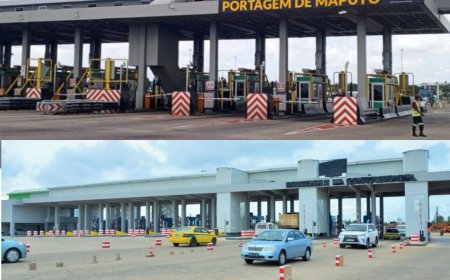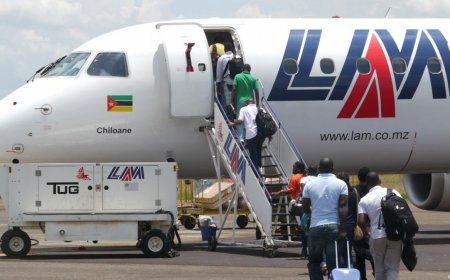Trial of Manuel Chang: Possible acquittal due to lack of US jurisdiction
Manuel Chang, the former Minister of Economy and Finance of Mozambique, may be acquitted by the US justice system after six years of detention. Chang is accused of receiving bribes amounting to $7 million to enrich himself and deceive foreign investors.
The US Department of Justice has accused him of being "a corrupt foreign official who abused his authority to enrich himself through bribes, fraud, and money laundering." The trial is taking place in Brooklyn, New York.
Chang's trial is occurring in the same court where, in 2019, Lebanese national Jean Boustani was acquitted by a unanimous decision of the 12-member jury. Mozambican jurist Elísio de Sousa, who followed Boustani's trial, predicts that Manuel Chang's trial will also end in his acquittal.
“I noticed that the decision to acquit Jean Boustani was due to the absence of jurisdiction by the United States of America. The US judicial system, as far as my limited knowledge goes, is a common law system, and this refers to a jurisprudential system,” explained de Sousa.
The jurist argues that US law is clear regarding issues of jurisdiction and that similar cases should be treated in the same way. “In general terms, I can assure that Manuel Chang will be acquitted due to lack of jurisdiction,” de Sousa stated.
If Manuel Chang is acquitted in New York, he may still face trial in Mozambique. The jurist considers it possible that Chang will be sent back to Mozambique to answer to Mozambican justice, given that the request for his extradition to Mozambique is still pending.
Chang has pleaded not guilty to the conspiracy charges. His defense attorney, Adam Ford, told the jurors that there is no evidence that Chang accepted or received payments in exchange for ensuring that Mozambique would repay the loans. “The then Minister of Finance, Manuel Chang, signed these guarantees because that is what his government wanted him to do,” Ford said.
Before the emergence of the $2 billion debt, Mozambique was one of the world's 10 fastest-growing economies, according to the World Bank. The hidden debts scandal had a devastating impact on the Mozambican economy, resulting in stagnation of growth, currency devaluation, increased inflation, and the withdrawal of investors, including the International Monetary Fund (IMF).
A 2021 report by the Chr. Michelsen Institute estimated that the loans could cost Mozambique about $11 billion, approximately 60% of its current GDP. The crisis forced about 2 million Mozambicans into poverty due to reduced investment and international aid, and cuts in public services by the government to raise funds.
The current degradation of the social condition of Mozambicans, reflected in the difficulties in providing basic services and infrastructure such as schools, hospitals, and roads, is a direct legacy of the hidden debts scandal.





















